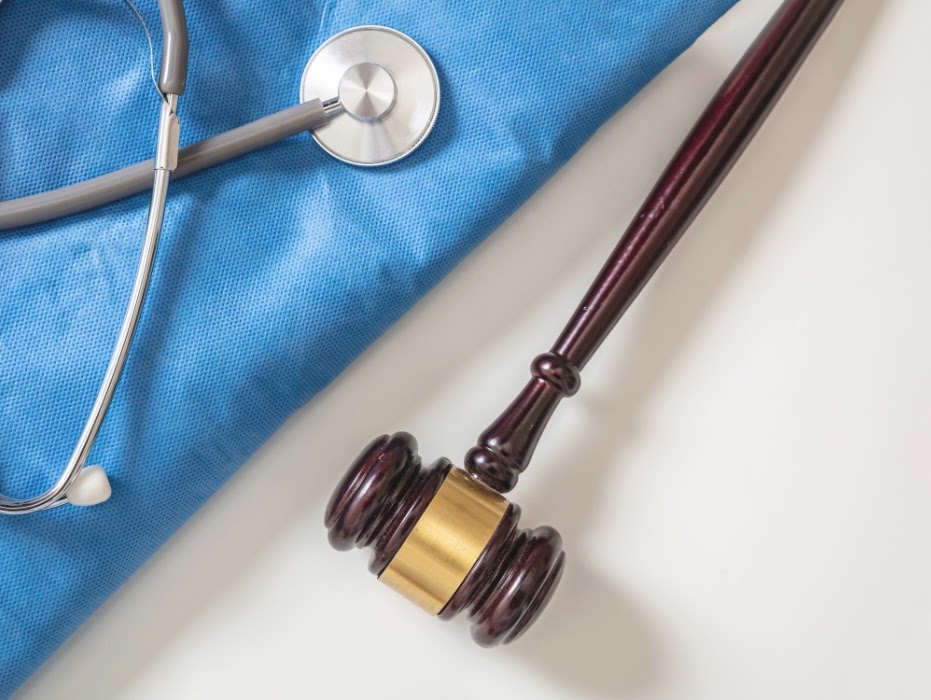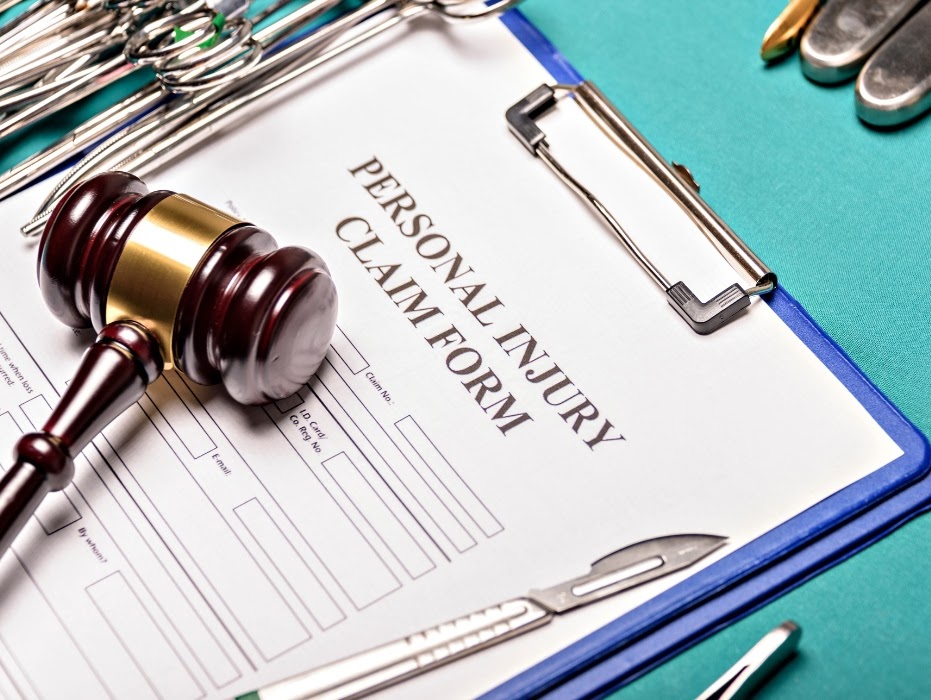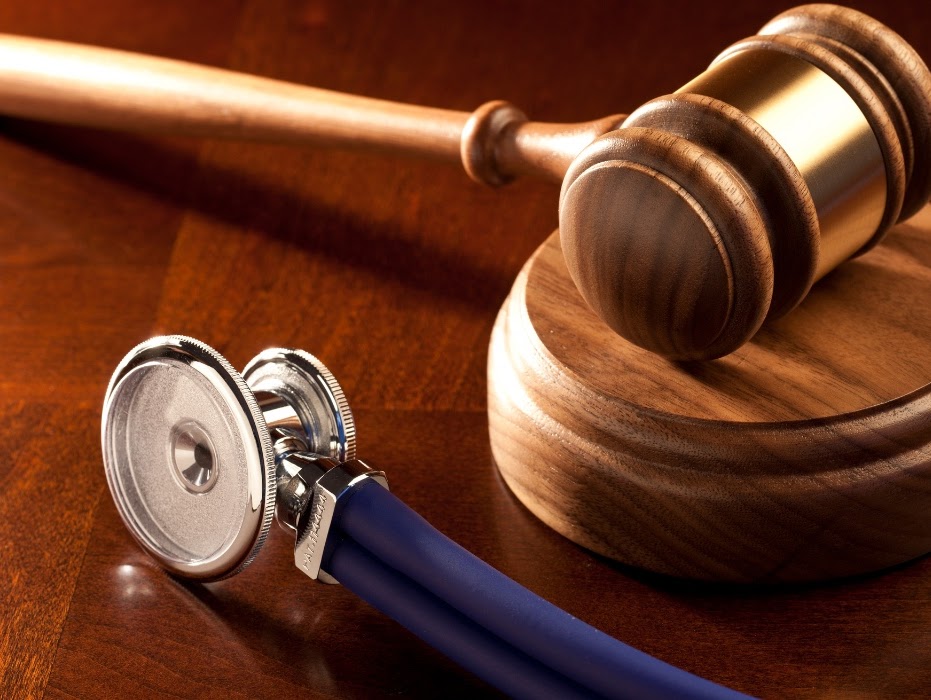

When it comes to medical device failures, there are several common types that can occur. One of the most prevalent issues is software malfunctions. This can happen when the software controlling a medical device experiences a glitch or bug, leading to incorrect readings or actions.
Another common type of failure is mechanical failure. This can occur when a component within the device breaks or malfunctions, causing the entire device to stop working properly. Mechanical failures can be caused by wear and tear, manufacturing defects, or improper maintenance.
Electrical failures are also a common issue with medical devices. These failures can occur when there is a problem with the electrical components of the device, such as short circuits or power surges. Electrical failures can lead to serious consequences for patients relying on these devices for their health.
Finally, human error can also contribute to medical device failures. Whether it's improper use, incorrect calibration, or failure to follow proper procedures, human mistakes can have serious repercussions when it comes to medical devices.
Overall, it's important for manufacturers and healthcare professionals to be aware of these common types of medical device failures in order to prevent them from happening and ensure the safety and effectiveness of these critical devices.
Medical device failures can be attributed to a variety of factors that can have serious implications for patient safety. One such factor is design flaws, where the device may not function as intended due to errors in its design or engineering. This can lead to malfunctions or inadequate performance, putting patients at risk.
Another contributing factor is manufacturing defects, which occur during the production process and can result in faulty devices being released onto the market. These defects can compromise the functionality of the device and pose a threat to patients who rely on them for their health and well-being.
Inadequate testing and quality control procedures are also significant contributors to medical device failures. If a device has not been thoroughly tested for safety and efficacy before being approved for use, there is a higher likelihood of it failing when deployed in real-world settings.
Additionally, human error plays a role in medical device failures. Whether it be improper usage by healthcare professionals or incorrect maintenance by users, human factors can greatly impact the performance and reliability of medical devices.
Overall, the complex nature of medical devices means that failures can arise from multiple sources. By addressing these contributing factors through improved design, manufacturing processes, testing protocols, and user training, we can work towards minimizing the occurrence of medical device failures and ultimately enhance patient outcomes and safety.

An Everett Medical Malpractice Lawyer plays a crucial role in advocating for individuals who have suffered harm due to the negligence or misconduct of medical professionals.. These lawyers specialize in handling cases where healthcare providers fail to meet the standard of care expected in their profession, resulting in injury or even death to their patients. One of the key responsibilities of an Everett Medical Malpractice Lawyer is to investigate and gather evidence to build a strong case against the at-fault party.
Posted by on 2024-10-28

Everett Medical Malpractice Lawyers are legal professionals who specialize in handling cases involving medical negligence or malpractice.. These lawyers represent individuals who have suffered harm or injury due to the careless or reckless actions of healthcare providers, such as doctors, nurses, or hospitals. Medical malpractice cases can vary widely in nature and scope.
Posted by on 2024-10-28

When searching for an Everett Medical Malpractice Lawyer, it is crucial to look for specific qualifications to ensure you are receiving the best possible representation. First and foremost, you should seek out a lawyer who specializes in medical malpractice cases.. This specialization ensures that they have a thorough understanding of the complex laws and regulations surrounding medical negligence claims. Additionally, it is important to consider the lawyer's experience in handling medical malpractice cases.
Posted by on 2024-10-28

Medical malpractice is a serious issue that can have devastating consequences for victims.. When healthcare professionals fail to provide the standard of care expected of them, patients can suffer from injuries, illnesses, or even death.
Posted by on 2024-10-28
Medical device failures can have a significant impact on patient safety. When these devices do not function as intended, patients may experience harm, injury, or even death. The consequences of such failures can be devastating for both patients and their families.
In some cases, medical device failures can lead to delayed or incorrect diagnoses, resulting in improper treatment or lack of timely interventions. This can not only worsen a patient's condition but also prolong their suffering. Furthermore, when medical devices fail during surgical procedures, it can increase the risk of complications and surgical errors, putting patients at serious risk.
The impact of medical device failures on patient safety extends beyond physical harm. Patients may also experience emotional distress, mistrust in healthcare providers, and financial burdens due to additional medical expenses required to address the consequences of the device failure.
To mitigate the risks associated with medical device failures, it is essential for healthcare professionals to stay updated on the latest technological advancements and ensure proper training in using and maintaining these devices. Additionally, regulatory bodies should enforce strict guidelines for the development, testing, and monitoring of medical devices to ensure their safety and efficacy.
Ultimately, addressing the impact of medical device failures on patient safety requires a collaborative effort from healthcare providers, manufacturers, regulators, and patients themselves. By prioritizing patient safety and implementing proactive measures to prevent device failures, we can minimize the risks associated with these incidents and improve overall outcomes for patients.

Medical device failures can have serious consequences for patients, ranging from ineffective treatment to life-threatening complications. In order to prevent such failures, regulatory measures are in place to ensure the safety and effectiveness of medical devices.
Regulatory bodies, such as the Food and Drug Administration (FDA) in the United States, set standards and guidelines for the design, manufacturing, and testing of medical devices. These regulations require manufacturers to conduct thorough testing and clinical trials before a device can be approved for use. This helps to identify potential risks and ensure that the device meets safety and performance requirements.
In addition to pre-market regulations, post-market surveillance is also crucial in monitoring the safety and performance of medical devices once they are on the market. Manufacturers are required to report any adverse events or malfunctions associated with their products, allowing regulators to take action if necessary.
Furthermore, ongoing monitoring and evaluation of medical devices help identify any emerging issues or trends that could indicate potential failures. This information allows regulators to make informed decisions about recalls or other corrective actions to protect patient safety.
Overall, regulatory measures play a vital role in preventing medical device failures by ensuring that devices are safe, effective, and reliable for patient use. By setting standards for design, testing, and post-market surveillance, regulators help safeguard public health and promote confidence in the medical device industry.
Medical device failures can have serious consequences for patients, healthcare providers, and manufacturers. It is crucial to have strategies in place to manage and mitigate these failures to ensure patient safety and quality of care.
One important strategy for managing medical device failures is proactive monitoring and maintenance. Regularly monitoring devices for any signs of wear and tear, malfunctions, or other issues can help prevent failures before they occur. Implementing a robust maintenance schedule can also help extend the lifespan of devices and reduce the risk of unexpected failures.
Another key strategy is to have clear protocols in place for responding to device failures when they do occur. Healthcare providers should be trained on how to quickly identify and address device failures, including implementing backup systems or alternative treatment options if necessary. Manufacturers should also have processes in place for reporting and investigating device failures to identify root causes and make necessary improvements.
Collaboration between healthcare providers, manufacturers, regulatory agencies, and other stakeholders is essential for effectively managing medical device failures. By sharing information about device performance, best practices for maintenance and troubleshooting, and lessons learned from past failures, all parties can work together to improve patient safety and prevent future incidents.
Overall, a proactive approach to managing medical device failures through monitoring, maintenance, response protocols, and collaboration is essential for ensuring the reliability and safety of medical devices in healthcare settings. By implementing these strategies effectively, we can reduce the risk of device failures and improve outcomes for patients.
Medical device failures can have serious consequences for patients and healthcare providers alike. These failures can range from design flaws to manufacturing defects, and they often result in harm to patients or even death.
Case studies of notable medical device failures serve as important learning opportunities for the healthcare industry. By examining these cases, we can better understand what went wrong and how similar mistakes can be prevented in the future. For example, the case of the DePuy ASR hip replacement system highlighted the dangers of rushing a product to market without proper testing. The metal-on-metal design led to high failure rates and severe complications for patients who received the implant.
Another infamous case is that of the Therac-25 radiation therapy machine, which resulted in several patients receiving massive overdoses of radiation due to software errors. This tragic event underscored the importance of rigorous testing and quality control measures when developing medical devices.
By studying these cases and implementing changes based on their lessons, we can improve patient safety and prevent future medical device failures. It is essential for manufacturers, regulatory bodies, and healthcare providers to work together to ensure that only safe and effective devices are used in patient care. Ultimately, by learning from past mistakes, we can strive towards a safer and more reliable healthcare system for all.